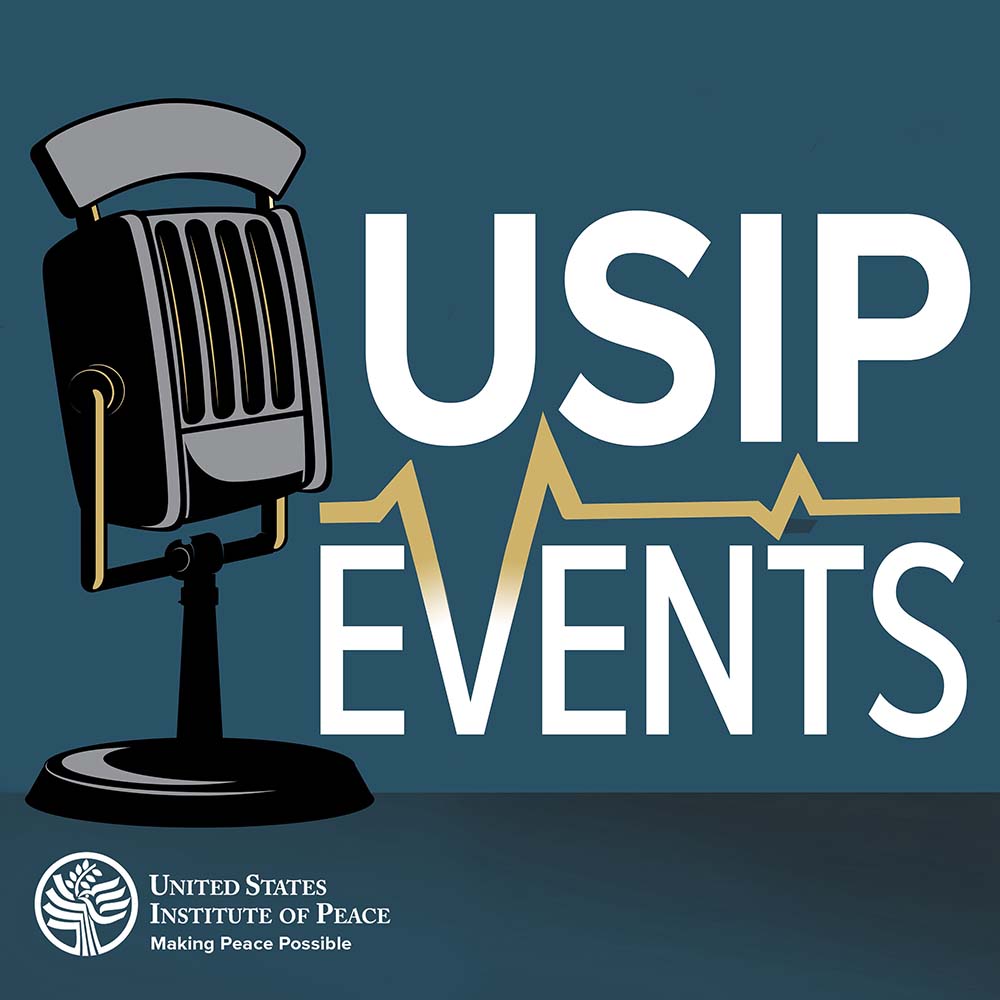

South Sudan’s civil war is one of the most brutal and destructive conflicts of the 21st century. Could the war have been prevented? Could some of the atrocities and misery caused by the war have been avoided? On July 19 the U.S. Institute of Peace and the U.S. Holocaust Memorial Museum's Simon-Skjodt Center for the Prevention of Genocide hosted a discussion on what lessons should be learned from U.S. policy toward South Sudan in the years leading up to and during the civil war.
Ambassador Donald Booth
Former U.S. Special Envoy for Sudan and South Sudan
Kate Almquist Knopf
Director, Africa Center for Strategic Studies, National Defense University
@almquistkate
Joshua Meservey
Senior Policy Analyst, Africa and the Middle East, The Heritage Foundation
@JMeservey
Jon Temin
Visiting Fellow, U.S. Holocaust Memorial Museum's Simon-Skjodt Center for the Prevention of Genocide and Africa Director, Freedom House
@JonTemin
Mike Yaffe, welcoming remarks
Vice President, Middle East and Africa Center, U.S. Institute of Peace
Aly Verjee, moderator
Visiting Expert, United States Institute of Peace
@alyverjee
For more information about this event, please visit: https://www.usip.org/events/south-sudan-independence-civil-war

On September 8, USIP held a conversation on the rapidly evolving world of artificial intelligence, or AI, that examined its potential as both a...

USIP looked at creative solutions for responding to the confluence of coronavirus and conflict. USIP President and CEO Nancy Lindborg shared lessons from her...

Join USIP, the National Democratic Institute, and the George W. Bush Institute for a timely discussion on political transitions out of fragility. This event...